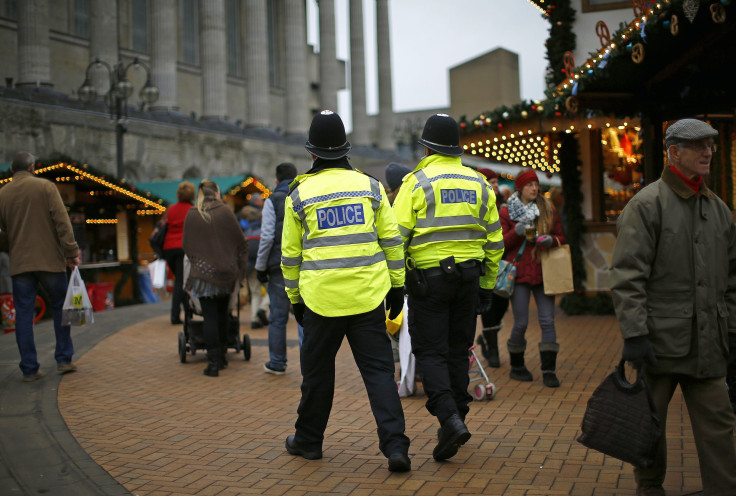British Terror Arrests: 6 'Syria-Related Terrorism' Suspects In Custody In UK, Police Say

Six people were arrested Friday at a Dover, U.K., port for “Syria-related terrorism offenses,” according to West Midlands Police. The five men and one woman were taken into custody as part of an ongoing investigation and posed no immediate threat to public safety, police said.
The unidentified suspects were arrested at 8 a.m. local time in the departure area of a Dover port, although it is unclear if they were attempting to leave the U.K. at the time of the arrest. Police are now conducting searches in Birmingham, where four of the individuals resided. The other two, a man and a woman, had no address, police said.
The men arrested are four men from Birmingham in their 20s and a man aged 26- and a 23-year-old woman of no fixed abode.
- West Midlands Police (@WMPolice) April 3, 2015Friday's arrests follow those of nine British nationals, including four children at the Syrian-Turkish border Wednesday for attempting to illegally cross into Syria to join the Islamic State group. London’s Metropolitan Police believe 600 British nationals have successfully entered Iraq and Syria to join the fighting since the civil war began in 2011, and that half of those have returned.
It is unclear whether the six people arrested on Friday had traveled to the region in the past. The United Nations estimates that 25,000 foreign fighters from 100 countries have gone to Iraq and Syria to join militant groups, according to the BBC.
The U.N. Security Council unanimously adopted a resolution in September requiring member states to do all they can to prevent individuals from the “recruiting, organizing, transporting or equipping of individuals who travel to a State other their States … for the purpose of the perpetration, planning of, or participation in terrorist acts,” in an attempt to curb the thousands of foreign fighters descending on the Middle East to join militant groups.
States are allowed to go about that requirement per their own laws. The U.K. parliament introduced legislation in November that allows the government to seize the passports of suspected foreign fighters, monitor them after re-entry and block any returnees at its discretion. Institutions such as primary schools and universities are required to report potentially radicalized youth to authorities under the law.
© Copyright IBTimes 2025. All rights reserved.






















